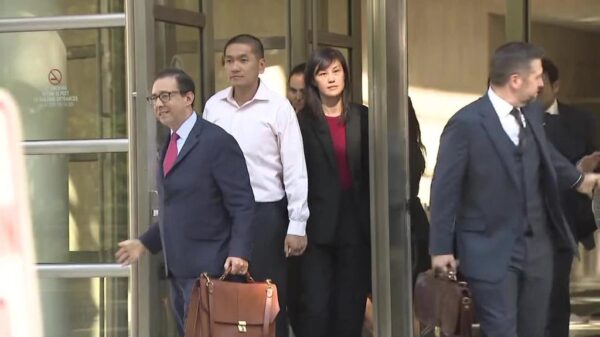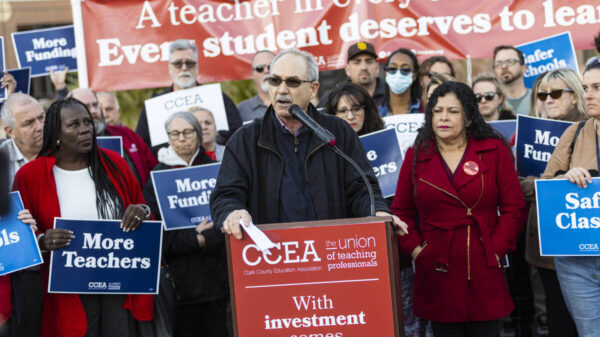UPDATE: The Alameda County Board of Supervisors has just voted 4-1 to adopt a controversial ethical investment policy that has been at the center of heated debates since December. This decision comes against the backdrop of global tensions surrounding Israel’s military actions in Gaza and accusations against companies like Caterpillar Inc.
The Board’s action, taken on October 3, directs County Treasurer Henry Levy to implement an ethical investment strategy for its $10 billion portfolio. This policy aims to reflect the county’s commitment to social responsibility, yet its passage has sparked mixed reactions from activists and community members.
Amidst a room filled with pro-Palestinian activists, silence prevailed after the vote, highlighting the policy’s contentious nature. Many had pushed for immediate adoption, but the Board’s decision to initiate a peer review means that implementation could be delayed for months. This ambivalence underscores a deep divide among supporters and opponents regarding the motivations behind the policy.
“It’s driven by anti-Israel activists and could lead to blacklisting companies simply for doing business with Israel,” said Ofra Pleban from the Oakland Jewish Alliance. She expressed concerns that the policy would exacerbate antisemitism in the community.
Conversely, advocates for the policy argue it provides a necessary framework for ethical investing, regardless of geographical focus. Cynthia Papermaster, a Berkeley resident and activist, stated, “I urge you to vote yes on this policy to make us proud and take a historical step in favor of justice.”
Levy defended the policy as a crucial step in reevaluating what ethical investment means for the county. “This discussion about ethical investment policy wasn’t going to happen unless I got rid of the one sort of sore point,” he explained during the meeting.
However, concerns linger about the policy’s economic implications. Supervisor David Haubert questioned whether the focus on Israel distracts from other significant human rights violations worldwide, citing abuses against the Uyghurs in China as an example. “None of that seemed to matter?” he pressed, highlighting the selective nature of the policy’s focus.
The contentious nature of the debate reflects broader societal tensions surrounding investment ethics and human rights. With a history of taking a stand on social issues, Alameda County’s latest policy continues its legacy of ethical decision-making, harkening back to its boycotts against apartheid in the 1980s.
Next steps involve the anticipated peer review, which will determine how the policy is implemented moving forward. As discussions continue, the community remains divided, with many eager to see how this new policy will shape the county’s investment landscape.
This developing situation is likely to have significant implications for the county’s financial practices and its stance on human rights issues. Stay tuned for updates as this story unfolds.


































































